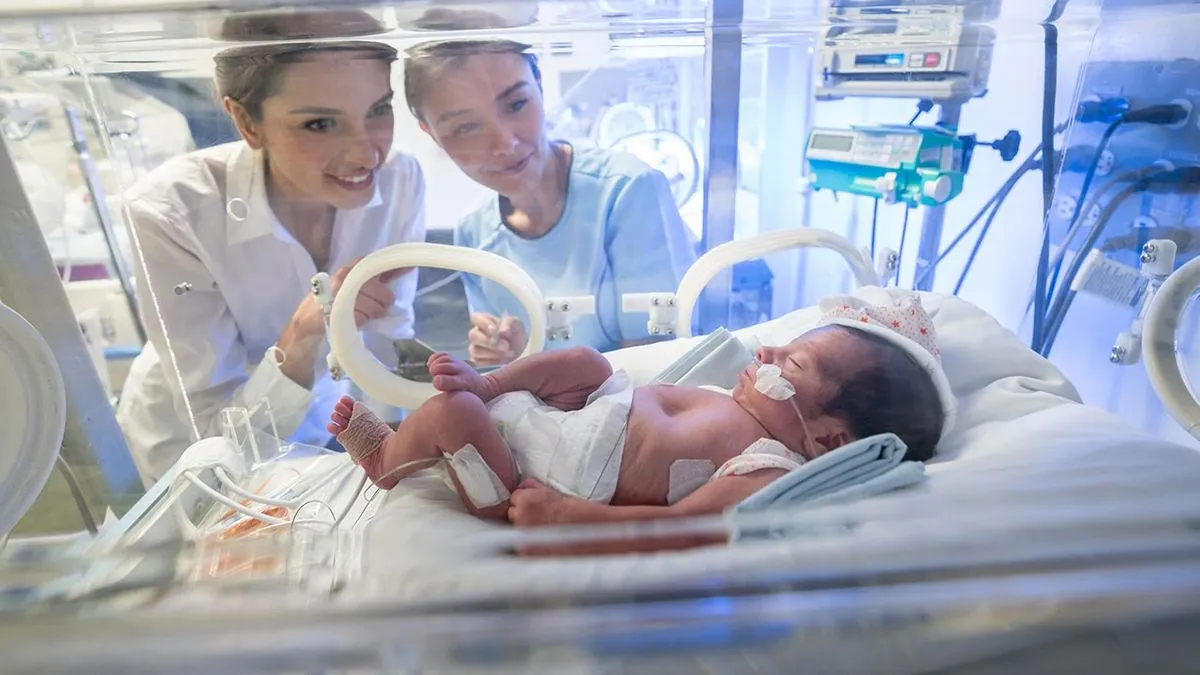New Analysis Challenges Lucy Letby Case: Premature Births May Explain Mortality Spike
Fresh statistical modeling suggests the increase in infant deaths at Countess of Chester Hospital during Lucy Letby's tenure could be attributed to a rise in premature and low-weight births, raising questions about the conviction.

Recent statistical analysis has cast doubt on the conviction of Lucy Letby, suggesting that the spike in infant deaths at the Countess of Chester Hospital (CoCH) between 2015 and 2016 may be explained by an increase in premature and low-weight births.
Peter Elston, a fellow of the Royal Statistical Society, has conducted modeling that demonstrates how a minor shift towards lower birth weights and gestational ages can significantly impact mortality rates. This research comes as the UK prepares for an inquiry into the CoCH, scheduled for September 2024, approximately 13 months after Letby's conviction.
The Royal College of Paediatrics and Child Health (RCPCH) review, commissioned in July 2016 and published in February 2017, noted lower birth weights and a decrease in late gestation admissions at CoCH during the period in question. However, the review did not conduct statistical modeling to fully assess the impact of these factors.
Elston's analysis, based on data from the Office for National Statistics and MBRRACE-UK, shows that even a small number of babies born under 1kg and before 24 weeks gestation could reproduce the observed mortality spike. This finding aligns with established medical knowledge that birth weight and prematurity significantly influence infant survival rates.

The research also highlights potential systemic issues at CoCH during this period. An email from December 2015 revealed severe staffing shortages, with consultant Alison Timmis warning of potential risks to children's lives and staff well-being. The RCPCH review further noted inadequate staffing and the need for additional advanced neonatal nurse practitioners.
External factors may have contributed to the situation. Capacity changes in North Wales hospitals in 2015 potentially led to more high-risk births at CoCH. A King's Fund report from November 2014 indicated increased risk for babies traveling over 28 miles during labor, which could have affected outcomes at CoCH.
"I am concerned that this conviction isn't safe because of the evidence presented. What I have seen as a statistician worries me."
Statistical experts, including Prof Jane Hutton from the University of Warwick, have expressed concerns about the evidence presented in Letby's case. The Royal Statistical Society plans to address these concerns in an upcoming meeting.
This new analysis does not definitively prove Letby's innocence but raises important questions about the interpretation of statistical evidence in criminal cases. It underscores the complexity of factors influencing neonatal mortality and the importance of comprehensive, context-aware investigations in such sensitive cases.
As the public inquiry approaches, these findings may prompt a reevaluation of the evidence and a broader examination of systemic issues in neonatal care that could have contributed to the tragic events at Countess of Chester Hospital.


































